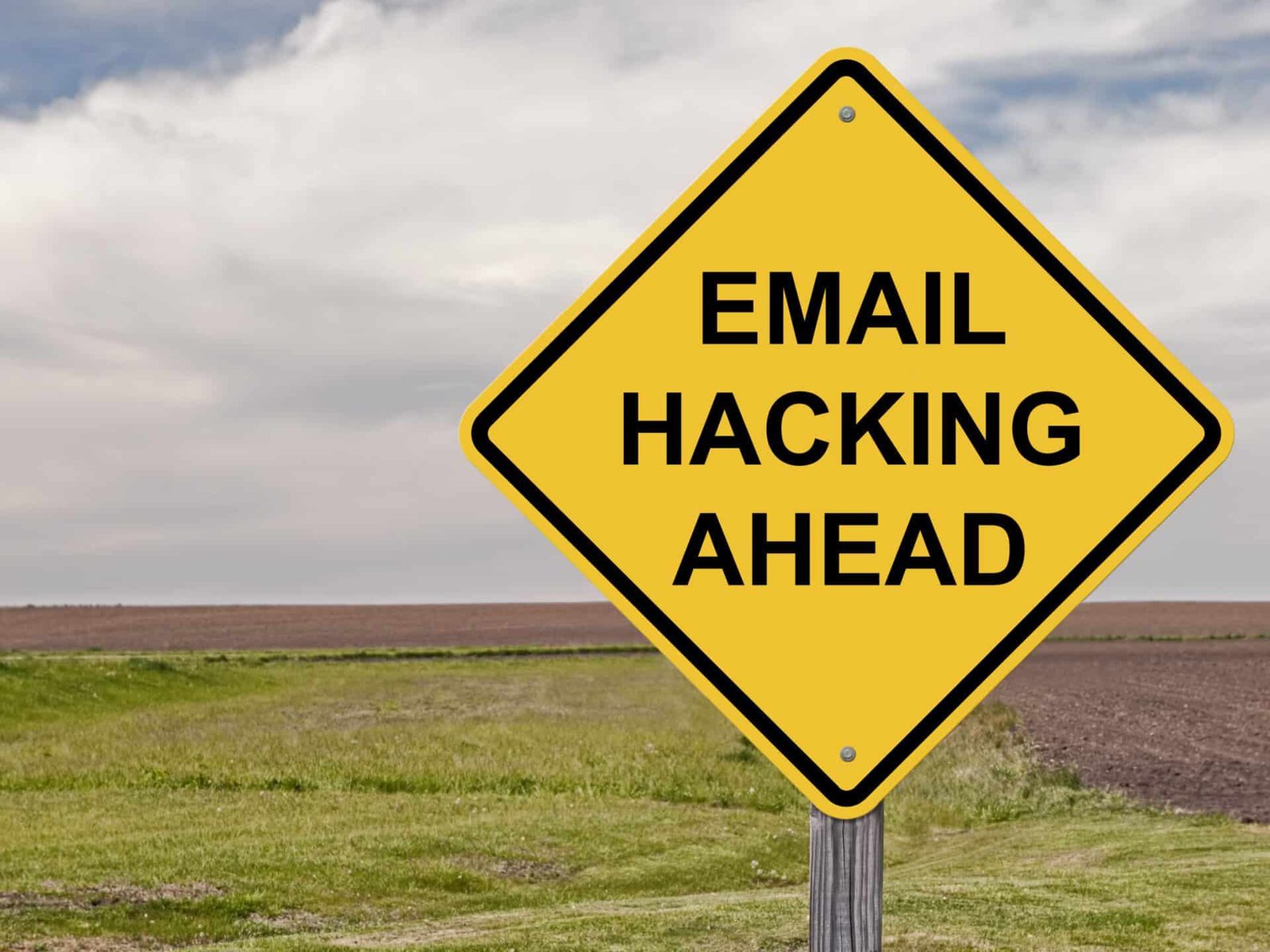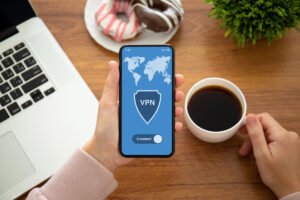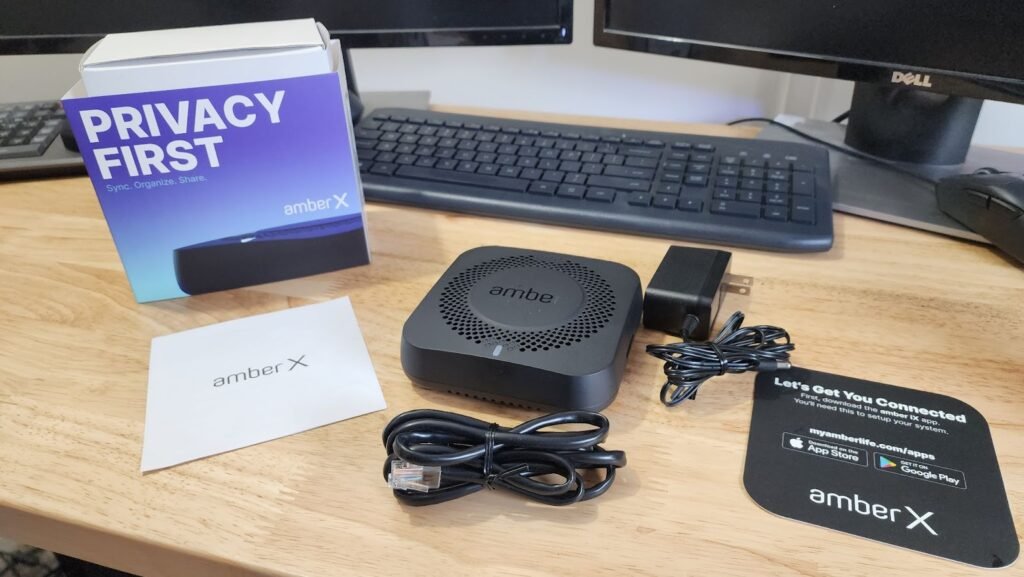Email. We love it, and we hate it.
We love it because we can send a message to someone across the world within seconds. We hate it because 99% of the time, other people can read our emails too. An email has been one of the most successful communication tools in history, but they too can put you and your data at risk.
Here are five tips on how you can make sure you’re not one of the next email heists.
1. Don’t click on suspicious links
If it seems out of place or doesn’t seem like an actual legit link, don’t click! You know this! You’ve heard it many times! But, we still get socially engineered by the email header, and we click that link. And please teach your kids not to click on any link embedded in an email without checking with you first.
2. Use 2-Factor Authentication
Hackers and even just curious or snoopy people will use a “Forgot Password” option to get into someone’s account. You can avoid this by enabling 2-Factor Authentication. In geek speak, we call it 2FA. Honestly, enable 2FA with every account or service that supports it like Netflix, Amazon, Facebook, etc. 2-Facto Authentication adds an extra layer of security to your device, preventing hackers and those who shouldn’t be snooping into your business from getting into your accounts.
3. Enable a passcode or thumbprint on your devices
I know this sounds like another annoying step you have to do, but I promise it’s worth it in the end. If you have a passcode on your device, that means even if someone takes your phone, tablet, or computer and types in your password, they won’t be able to get into the Gmail account that is linked to it. If the device allows you to use a thumbprint or facial recognition, use it. My oldest daughter says all she wants to be left to her in my will is my thumb! She’s my Minnie-me and once she gains access to my accounts, believe me, she’ll know how to use the data and content to her advantage. Yes, I’ve taught her well!
4. Don’t open emails from people you don’t know but most importantly teach your kids not to.
Emails and texts that say ‘click here to see what you just won’ are tempting to kids, let alone us adults who’ve fallen for the gimmick ourselves a time or two. Unknown links are phishing attempts sent by others trying to access your account. A simple rule is to don’t click or even open an email from anyone you don’t know, and you should be good.
5. Avoid malicious bots by changing your password regularly on email
Bots are computer programs that operate repetitive activities or tasks over the internet. They are quickly becoming the main source of internet traffic. I read a report recently that estimated more than half of the web traffic is originating from bots. Bots are more sophisticated today than they were just yesterday and will be more sophisticated tomorrow than they are today. Of course, not all bots are bad, but we’ll discuss that another time.
Harmful bots are out there maliciously trying to use different passwords to access each website you go to, and spambots are out there posting spam all over the internet to include detrimental emails.
Dale here, or am I? Dale or a bot? You decide.








